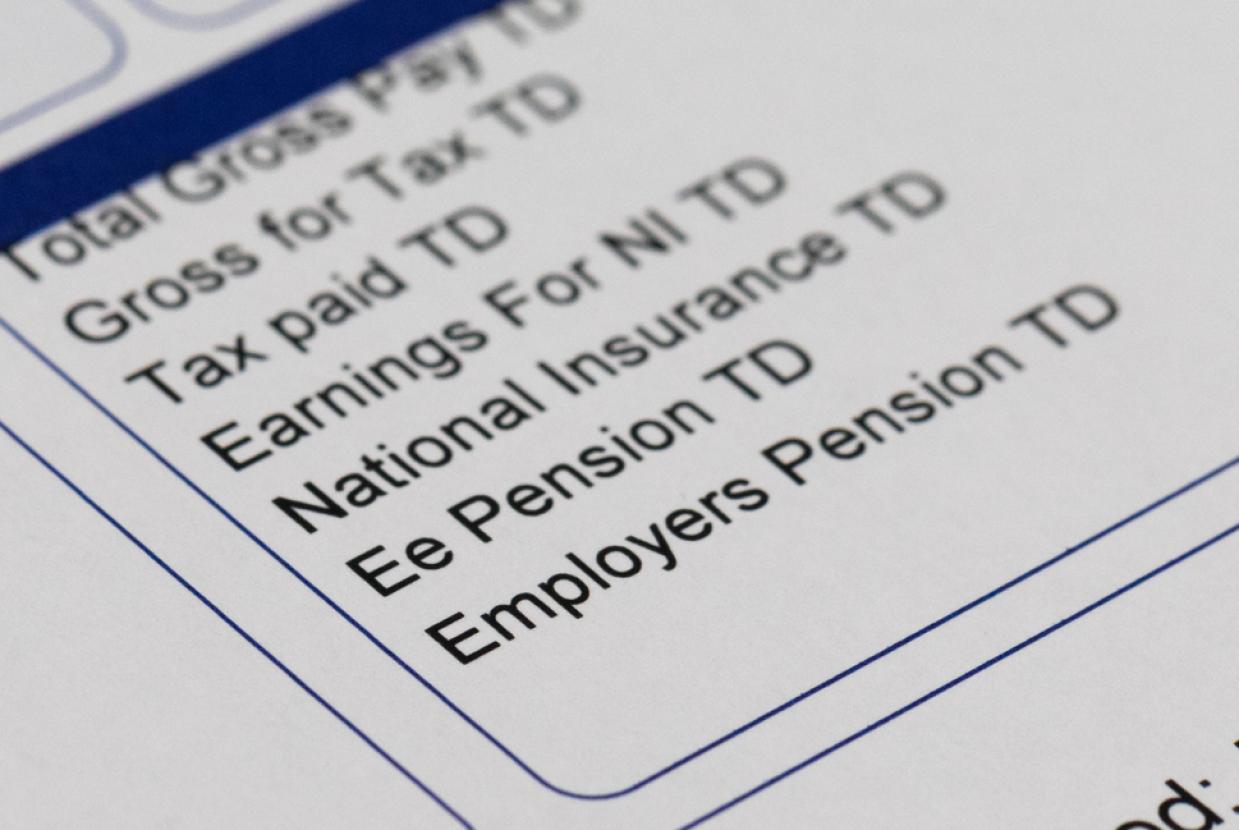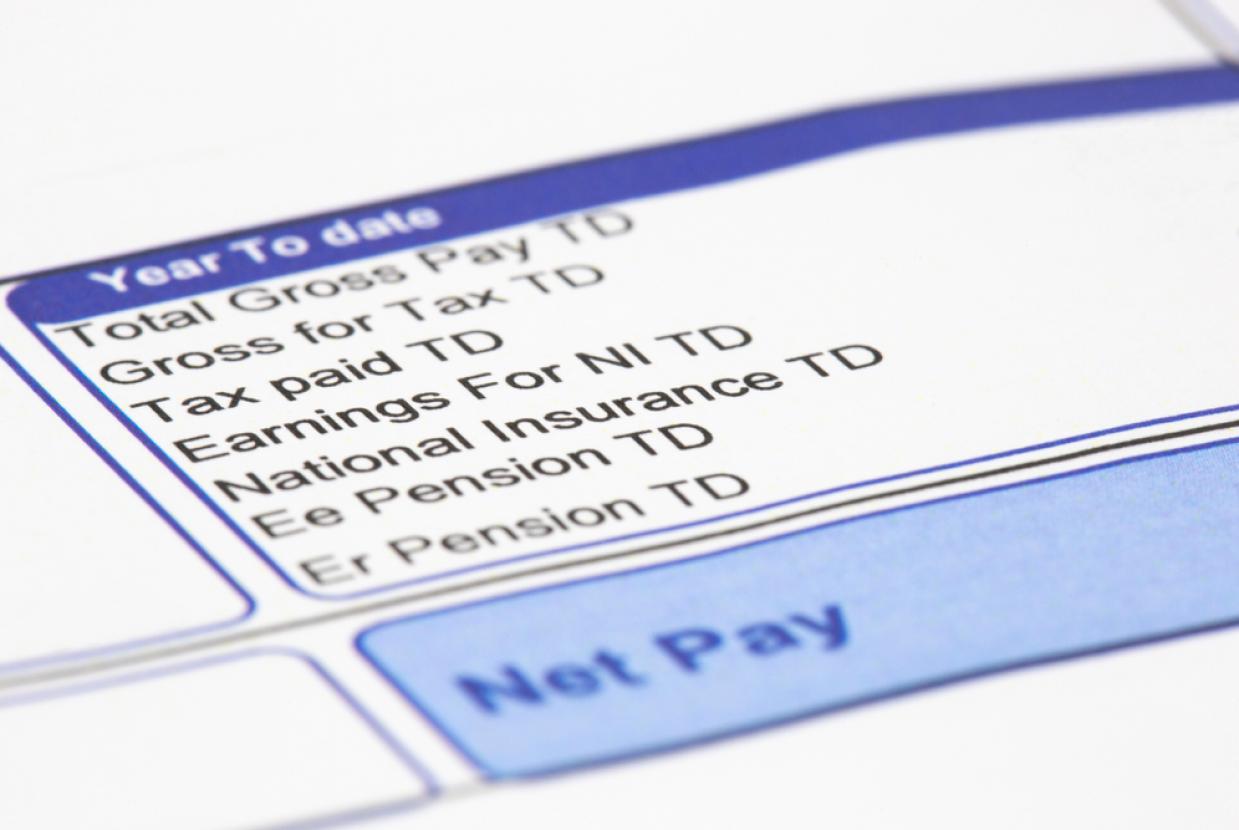What’s The Difference Between Saving & Investing My Money?
Financial HealthWondering whether you should save or invest? This guide will help you work out how to build up your savings and what it means to invest money. It also covers the basics of planning out your finances for short-term savings and long-term investments.
What’s the difference between saving and investing?
Saving
This is putting money aside, bit by bit. You usually save up to pay for something specific, such as a holiday, a deposit on a home, or to cover any emergencies that might crop up (like a broken boiler).
Saving usually means putting your money into cash products, such as a savings account in a bank, building society, or credit union.
Investing
This is taking some of your money and trying to make it grow by buying products that might increase in value over time. For example, you might invest in stocks, property, or shares in a fund. While the gains from investing can be bigger than saving, the value of investments can go down as well as up.
Who should save?
1. Setting up an emergency fund
Everybody should do their best to build up an emergency savings fund. The general rule is to have at least three months’ worth of living expenses saved up in an instant access savings account. This should include rent, food, school fees and any other essential outgoings.
Your emergency fund means you have some financial security if something goes wrong.
2. Keep saving
Now that you’ve got an emergency fund, it’s a good idea to save a bit more if you can afford it. Set yourself savings goals and put away enough to buy what you want. This could be a house deposit, a wedding, or a trip.
You could also start to think about investing your money if you don’t need the money in the next five years.
When shouldn’t you save?
The only time you shouldn’t save or invest is if you need to get your debts under control.
Are you ready to invest?
Before choosing to invest your money, remember that there’s always the risk that your investments can go down as well as up. That means you could lose money. Choosing whether investing is right for you also depends on:
- how much cash you have available
- how old you are
- what your personal circumstances are.
You also need to consider your goals – specifically if they’re long, short, or medium term:
- short-term goals are things you plan to do within the next five years, such as take a holiday
- medium-term goals are things you plan to do within the next five to ten years, such as save for a mortgage deposit
- longer-term goals are ones where you won’t need the money for ten years or more, such as a retirement fund.
Short-term goals
For your short-term goals, the general rule is to save into cash deposits, such as bank accounts. The stock market might go up or down in the short-term, and if you invest for less than five years you might make a loss.
Medium-term goals
For the medium-term, cash deposits might sometimes be the best answer. But it depends on how much risk you’re willing to take with your money to achieve a greater return on your investment.
For example, if you’re planning to buy a property in seven years and you know you’ll need all your savings as a deposit and don’t want to risk your money, it might be safer to put your money into a savings account.
However, bear in mind that your savings will still be at risk from inflation. This is where the interest you earn on your savings fails to keep up with the rate of inflation, so the buying power of your money is reduced.
If your needs are more flexible, you might consider investing your money. This is providing you’re prepared to take some risk with your original capital to try and achieve a greater return on your investment than would be possible by saving alone.
Longer-term goals
For longer-term goals, you might want to consider investing. This is because inflation can seriously affect the value of cash savings over the medium and long-term. Stock-market based investments tend to do better than cash over the long-term, providing an opportunity for greater returns on any money invested over time.
You can lower the level of risk you take when you invest by spreading your money across different types of investments. This is called diversification.








































